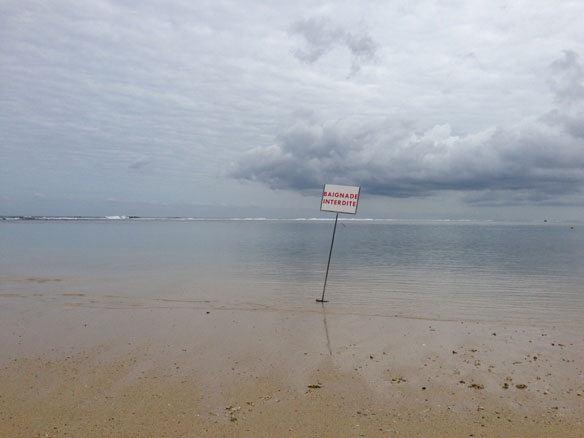Human impact has pushed Earth into the Anthropocene, scientists say

There is now compelling evidence to show that humanity’s impact on the Earth’s atmosphere, oceans and wildlife has pushed the world into a new geological epoch, an “Anthropocene” – ending the current Holocene which began around 12,000 years ago.
Dam projects on world’s largest rivers threaten ecosystems, rural livelihoods

Advocates of huge hydroelectric dam projects on the Amazon, Congo, and Mekong river basins often overestimate economic benefits and underestimate far-reaching effects on biodiversity, according to a new article by scientists representing 30 academic, government, and conservation organizations in eight countries.
NASA’s CORAL Campaign Will Raise Reef Studies to a New Level

Coral reefs, sometimes called the rainforests of the sea, are home to a quarter of all ocean fish species. They protect shorelines from storms and provide food for millions of people, yet very little of the world’s reef area has been studied scientifically.
